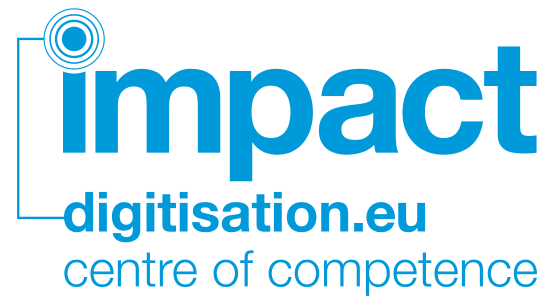In the second session, chaired by Katrien Depuydt (Institut voor Nederlandse Lexicologie), Linguistic Processing and Encoding was discussed.
Klaus Schulz, from the University of Munich, showed experimental results when a completely automated system is used for topic assignment on historical texts.
You can watch the video:
[cvm_video id=”2064″]
Petar Mitankin, from Sofia University, described a new method to obtain the modern equivalent of historical variants without the need of creating an expensive ground-truth corpus.
You can watch the video:
[cvm_video id=”2065″]
Arianna Ciula, from the University of Roehampton, and Øyvind Eide, from Universität Passau, compared two modelling traditions from a theoretical point of view: CIDOC’s Conceptual Reference Model (CRM) for modelling in cultural heritage and Text Encoding Initiative (TEI) for modelling in digital humanities.
You can watch the video:
[cvm_video id=”2074″]
At the end of the second session, the companies Libnova and i2s Digibook presented their products and services, and the lunch was served at the companies exhibit, where the attendees were able to exchange experiences and needs with the companies.
You can watch the videos:
[cvm_video id=”2105″]
[cvm_video id=”2125″]


